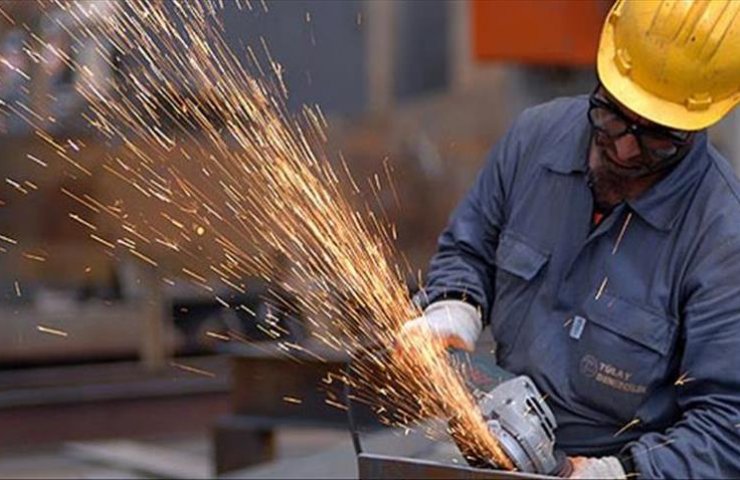New restrictions on steel imports to the European Union next month could cause additional damage to Turkey's steel industry, even as it actively seeks new markets to compensate for losses after the introduction of protective duties in the United States. This is stated in the comment of the head of the Turkish Steel Exporters Association (CIB) Adnan Aslan to Reuters.
Turkey's steel industry has come under pressure from the economic downturn, which has negatively impacted the construction, automotive and household appliances sectors, reducing annual steel consumption by 31% and production by more than 10%.
Steel exports, which had already declined by 0.8% to $ 9.4 billion a year by the end of August, will lose about $ 3 billion in 2019, dropping to $ 13 billion.
In February of this year, the European Union set quotas for 26 steel grades at the average import level in 2015-2017 plus 5%. Steel imports in excess of these quotas are subject to a 25% duty.
But later, the European Commission cut the quota increase this year from 5% to 3%, starting October 1. It also limited any country to a 30% share of imports of hot rolled flat products per quarter.
According to the head of CIB, this will lead to a reduction in the export of Turkish flat products and rebar.
According to the CIB, Turkish steel exports to the EU in the first eight months of the year fell 0.5% to 5.1 million tons, down 9.1% to $ 3.6 billion. More than a third of Turkey's 21.4 million tonnes of steel exports in 2018 went to EU countries.
President Donald Trump imposed additional tariffs on Turkish steel imports during a diplomatic squabble between Ankara and Washington last year. In May, the White House cut tariffs in half to 25%. Additional tariffs have nearly halted Turkish steel exports to the United States.





